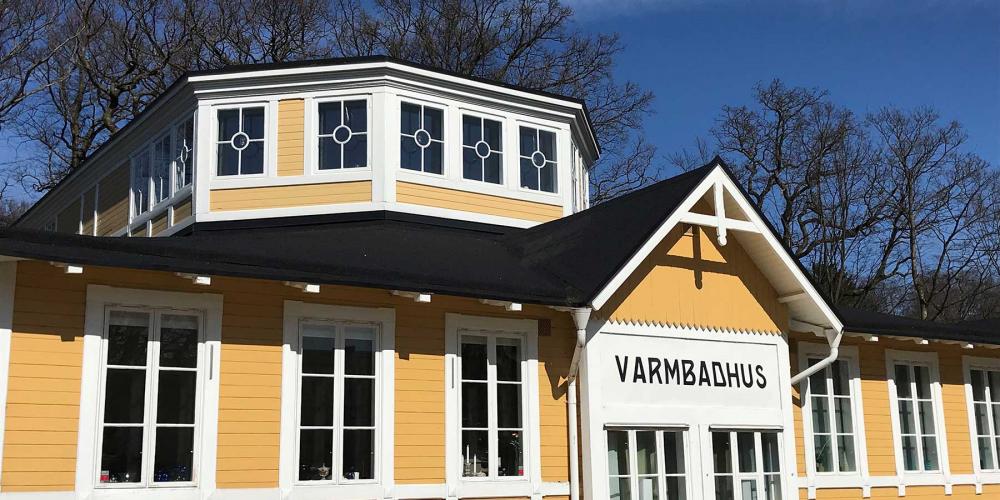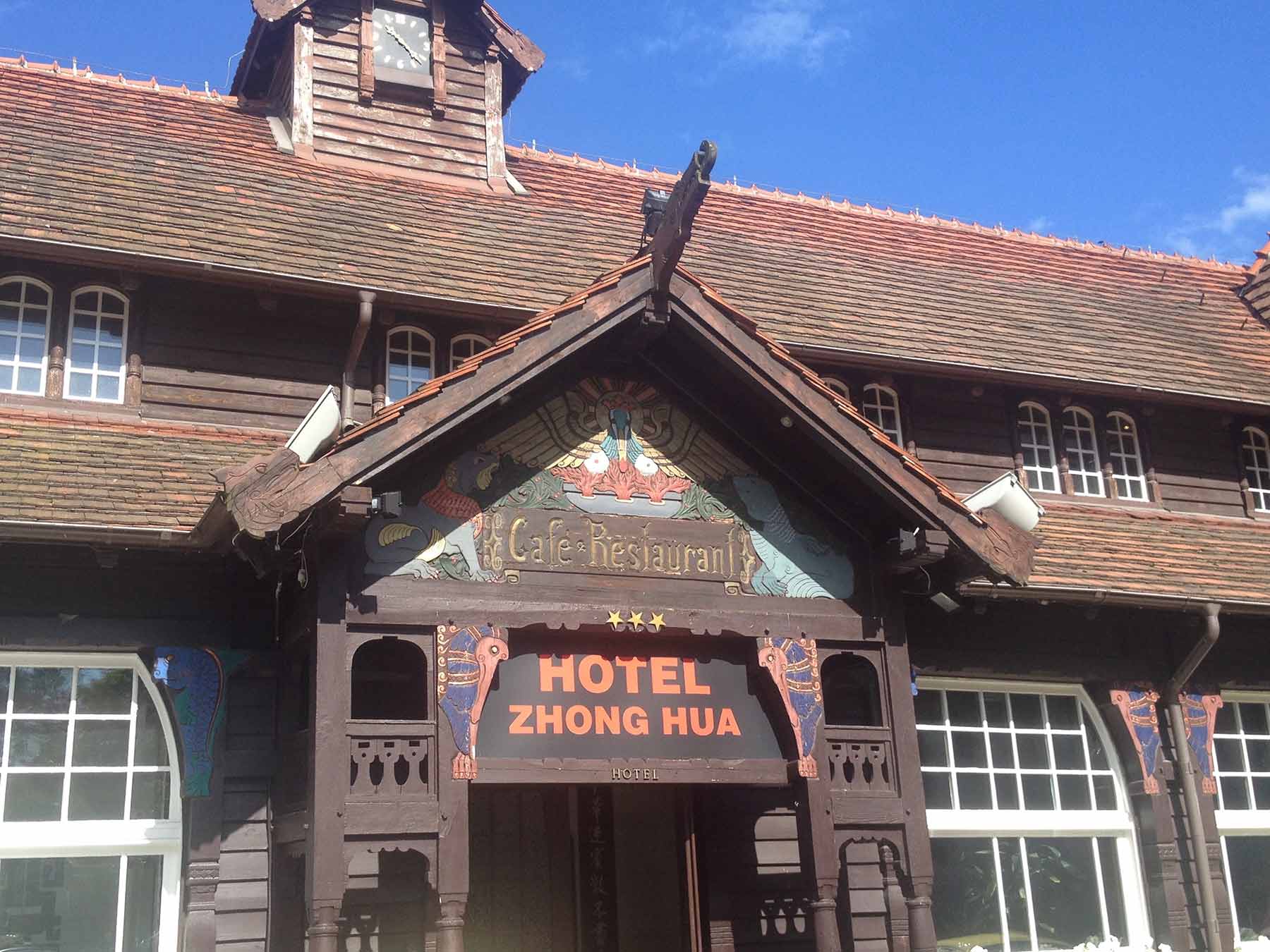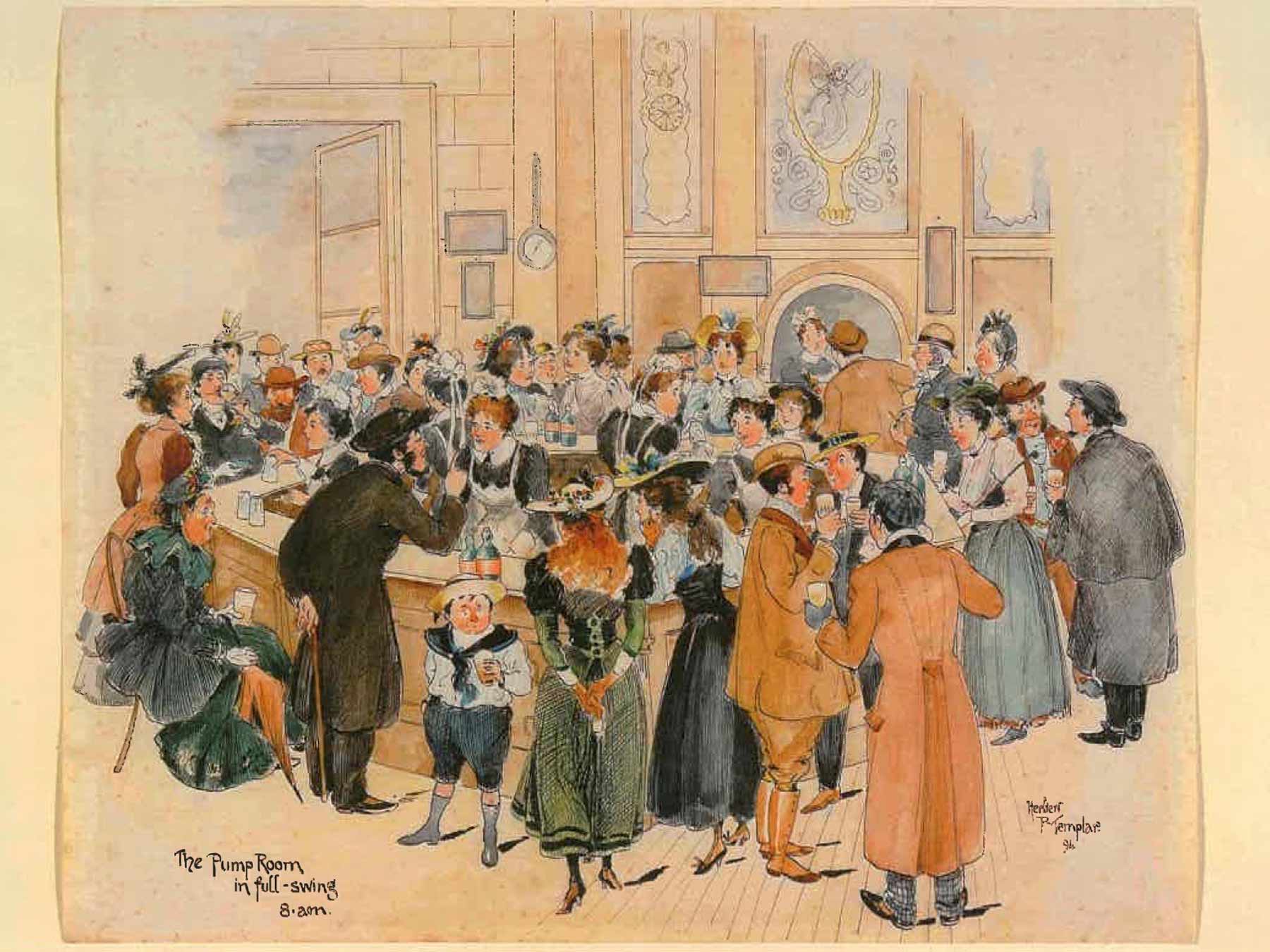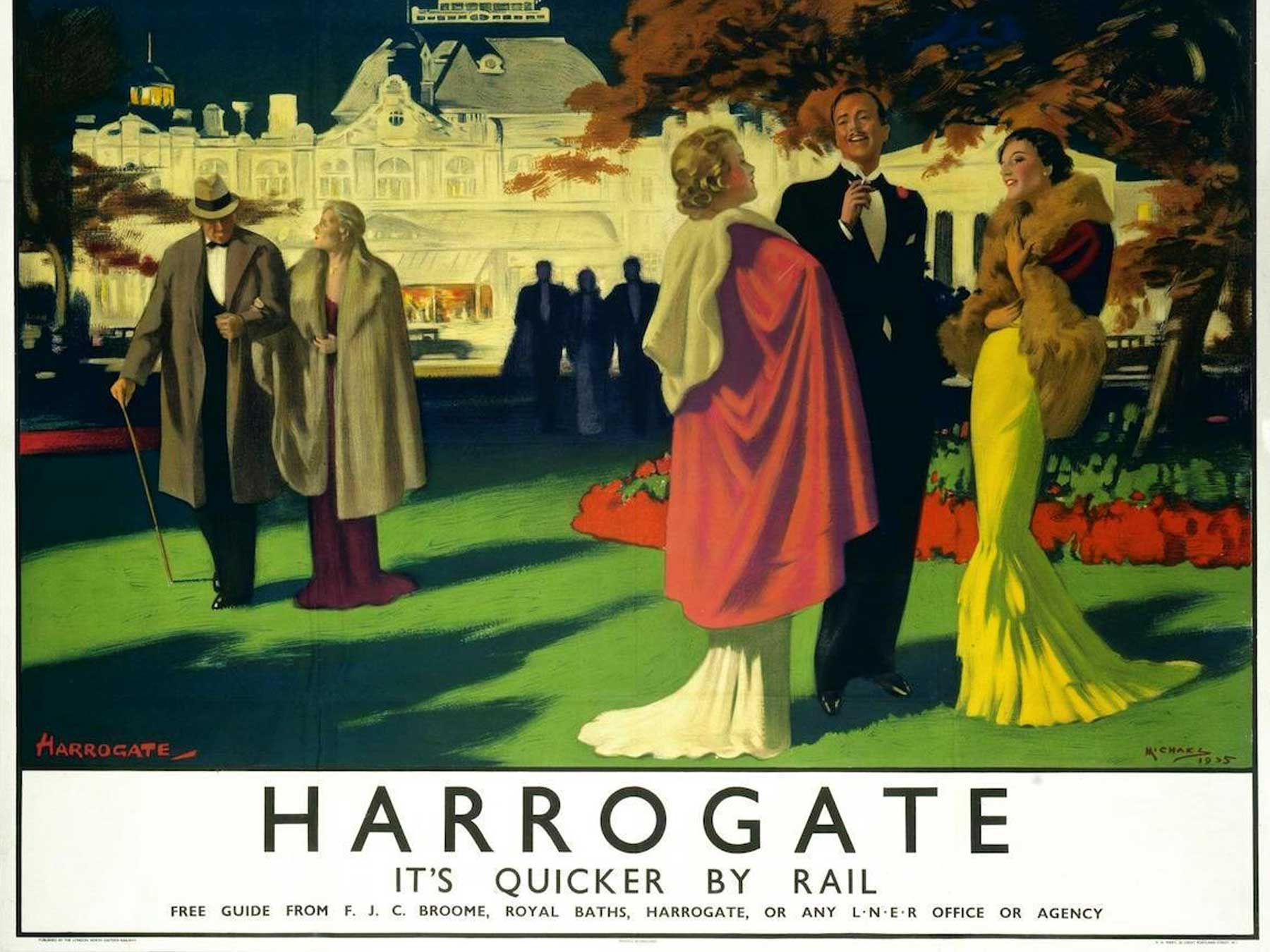
The European Spa as a Transnational Public Space and Social Metaphor
The project sets out to rethink the spa as a core concept and object of European debate.
It investigates how the European spa, with its characteristic institutions such as the Kurpark, sanatorium, grand hotel and casino, developed into a transnational public space and functioned as a stage for the negotiation of political, social and cultural issues of European relevance. We ask how long the institution of the spa served as such transnational space, where different nationalities, ethnicities, and social classes met. Or conversely, when specific groups of spa visitors were excluded from the resorts, and for what specific reasons. To this end, we analyse historical records, textual and visual representations of spa culture from the 19th century to the present day in their contemporary contexts, paying particular attention to the amenability of the spa and its institutions to be co-opted as social metaphors (healthy collective; asylum; refuge; paradise; factory; egalitarian utopia; etc.). We work on the hypothesis that there is a distinct, transnational and intermedial spa narrative in European culture, with a set of topical motifs (the taking of the waters; the allegorical meaning of landscapes), discursive elements (the juxtaposition of eros and thanatos, discipline and leisure; individual and collective body) and narrative styles (i.e., multi-layered time). Examples would include formed by travelogues, diaries, novels and films. Think of authors like Thomas Mann, Anton Chekhov, Dubravka Ugrešić and Milan Kundera, or directors like Alain Resnais and Nikita Mikhalkov.
Dr. C.U. Noack
Project Leader
University of Amsterdam
Netherlands
Our project is grounded in the academic expertise of four Principal Investigators, based in the Netherlands, Germany, Sweden and England, pooling their expertise in social and cultural history and cultural and literary analysis. Drawing on Habermas’ ideas on the development of public space / public sphere on the one hand, and Foucault’s concept of heterotopia on the other, we conceptualize the spa as a paradigmatic space in European cultural and social history. On the basis of this research we will, together with our partners from resorts across Europe, pave the way for a revalorization of spa culture as a distinctively European phenomenon.
Associated partners of the research project are:
Balneologische Bibliothek und Quellenmuseum Bad Wildungen, Germany.
Faculty of Economics and Tourism at the Juraj Dobrila University Pula, Croatia.
Hrvatski Muzej Turizma (Croatian Museum of Tourism) in Opatija, Croatia.
Muzeum Sopotu in Sopot, Poland.
Royal Pump Room Museum in Harrogate, UK
Scientific Committee of the European Historic Thermal Towns Association, Acqui Terme.
Stadtarchiv and Museum Nordseeheilbad Norderney, Germany.
Stadt Baden-Baden, Stabsstelle Stadtentwicklung und Denkmalpflege und Stadtarchiv.
Podcast: A Virtual Journey Through European Spas
Podcast: Healing Waters and Pleasure Grounds
University of Amsterdam Lecture Series: Ukraine’s history, culture, society and politics


